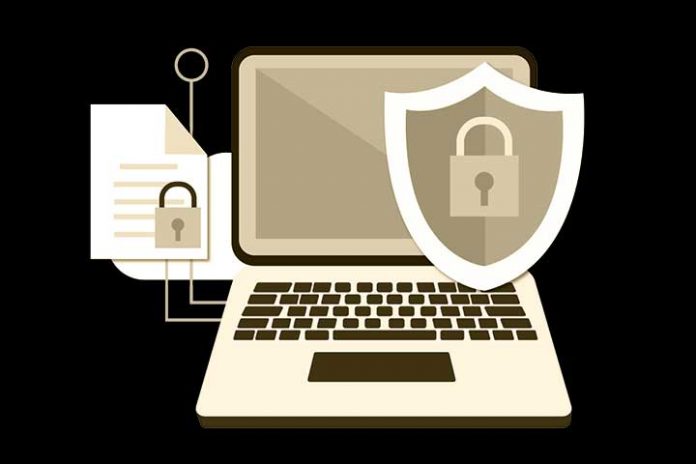The internet has enabled many internet users to get through the pandemic better. This year, »the web« has become the most important space for human interaction on an unprecedented scale – be it for work, school or leisure. But the pandemic has also opened up new opportunities for hackers.
Myth One: Antivirus is a relic of the past
It is correct: Antivirus protection, as it was common just a few years ago, would no longer provide protection today. What is still commonly referred to today simply as “antivirus” has in most cases long since developed into a multi-layered security suite that not only works against known and unknown malware, but also against hacks, fileless attacks or data theft. A powerful security solution is therefore a must for every networked device. A single unprotected device on the network is an open door to all other devices, whether at home or at work. This is another reason why most security suites today protect more than just one device or device class. If you use your security solution on every device in the household, you can save yourself a lot of trouble.
Myth two: What I protect with a password is safe
Correct: A password is better than no password. But even a weak password can turn a person’s life upside down. A hacker can crack simple passwords in a short time using digital tools. And then he can do whatever he wants with the e-mail account, with the bank account or with personal documents. Users should use long, complex, unique passwords. Then the effort for the hacker becomes too great and he will give up in most cases. Better yet, enable two-factor authentication (2FA) wherever that option is available. If possible, an app should generate the 2FA codes instead of having them sent to you via SMS. For example, 2FA secures online banking, even if unauthorized persons have obtained a user name and the correct password.
Myth three: A VPN won’t help my privacy
It is correct: Yes, it brings a lot. It’s easy to be aware of what a VPN protects and what doesn’t. Sure: A VPN does not prevent a user from actively sharing personal data, for example when using a website or Google when logged in. It also does not protect against cookies or other automatic downloads. But the VPN, included as an add-on feature in many security solutions, encrypted Internet traffic and routes it through random nodes located around the world. It thus disguises the user’s IP address. This certainly protects against the mass data collection that both legitimate Internet providers and hackers operate. A VPN is also a must in public WLANs: Because only those who encrypt the communication of the end device protect it from half-savvy users, who are accidentally or planned in the same network. If you don’t know exactly who is running a WLAN, you should definitely activate the VPN before doing anything on it over this connection.
Myth four: No cyber attack will hit me
This myth seems to stand above all others. It’s been disproved since the ransomware attacks of the last decade, when many home users lost or had to buy back their data, and it’s becoming less plausible every month. There are no longer any prerequisites to become a victim. Not even the fact that you use the Internet or digital devices yourself, because our personal data has long been on connected devices from companies or authorities.

